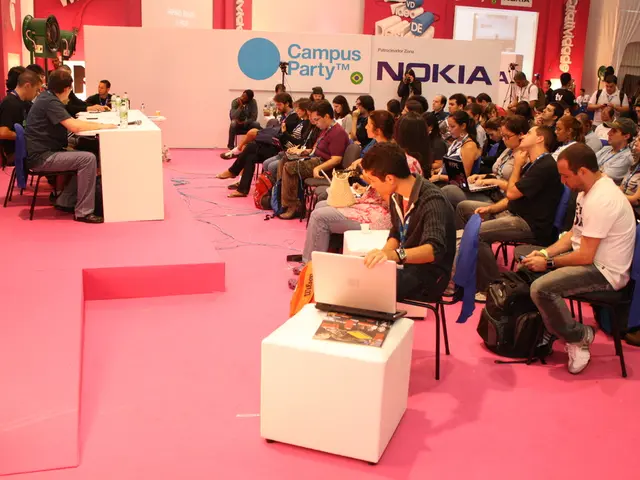Trump seeks return of CEO to the White House imminently
The billion-dollar deal between Nvidia and the U.S. Government involves a revenue-sharing arrangement related to the export of AI chips to China. Here are the key details:
Overview of the Deal
- Revenue Sharing: Nvidia and AMD agreed to pay the U.S. Commerce Department 15% of their revenue from AI chip sales to China. This deal was negotiated in exchange for the reinstatement of export licenses that had been revoked due to national security concerns.
- AI Chips Involved: Nvidia will sell its H20 chip, a performance-limited version of the H100 and H200 chips used in the U.S., to Chinese customers, while AMD will sell its MI308 chip.
- Background: The U.S. had previously restricted the export of these advanced chips to China due to concerns about their potential use in systems targeting the U.S. However, the restrictions were lifted after negotiations.
Negotiations and Reactions
- Trump's Role: President Trump played a key role in negotiating the deal, initially seeking a 20% revenue share but ultimately agreeing to 15% after discussions with Nvidia CEO Jensen Huang.
- Criticism: The deal has faced criticism from various quarters, with some arguing it undermines national security by essentially selling access to sensitive technology for a financial gain.
Financial Impact
- Expected Revenue: Morgan Stanley estimates that AMD could generate $3 billion to $5 billion in revenue for 2025 if restrictions were fully lifted.
- Nvidia's Losses: Nvidia had previously estimated that restrictions on the H20 chip cost it $8 billion in the second quarter alone.
Legal and Political Questions
- Legal Concerns: The deal raises legal questions about the use of national security as a justification for economic decisions and the precedent it sets for executive branch dealings with private companies.
- Crony Capitalism: Critics argue that the arrangement reinforces crony capitalism by favoring specific companies over others and potentially undermining free market principles.
The months of uncertainty for Nvidia are now over, as the company is allowed to export its China-developed H20 chip back into the country after paying the 15% tax. Nvidia is required to pay 15% of its sales from certain chip sales in China directly to the U.S. government.
Investors remain on board with Nvidia, as the company's stock remains unchanged after announcing a deal with the U.S. government. President Trump considers the H20 as "outdated" and similar to chips China already possesses.
Despite the controversy, Nvidia's CEO Jensen Huang plans another visit to the White House to discuss possible approvals for the Blackwell chip, a modern model that is currently excluded from export due to performance restrictions. Huang argues that it's in the interest of national security for Chinese AI developers to use U.S. technology, and an export ban could accelerate the development of China's own chip industry.
The deal with the U.S. government is seen as a first relief for Nvidia, as the Chinese market has been closed for Nvidia's H20 chip since April. However, the company initially expected sales of $8 billion in the July quarter, but these were affected by the market closure.
[1] Reuters
[2] Bloomberg
[3] The Verge
[4] CNBC
- This deal between Nvidia and the U.S. Government, which involves a revenue-sharing arrangement related to the export of AI chips to China, is a significant point in politics, as President Trump played a key role in negotiating it.
- The policy-and-legislation aspect of this deal has sparked controversy, with concerns being raised about the use of national security as a justification for economic decisions, and the potential reinforcement of crony capitalism.






